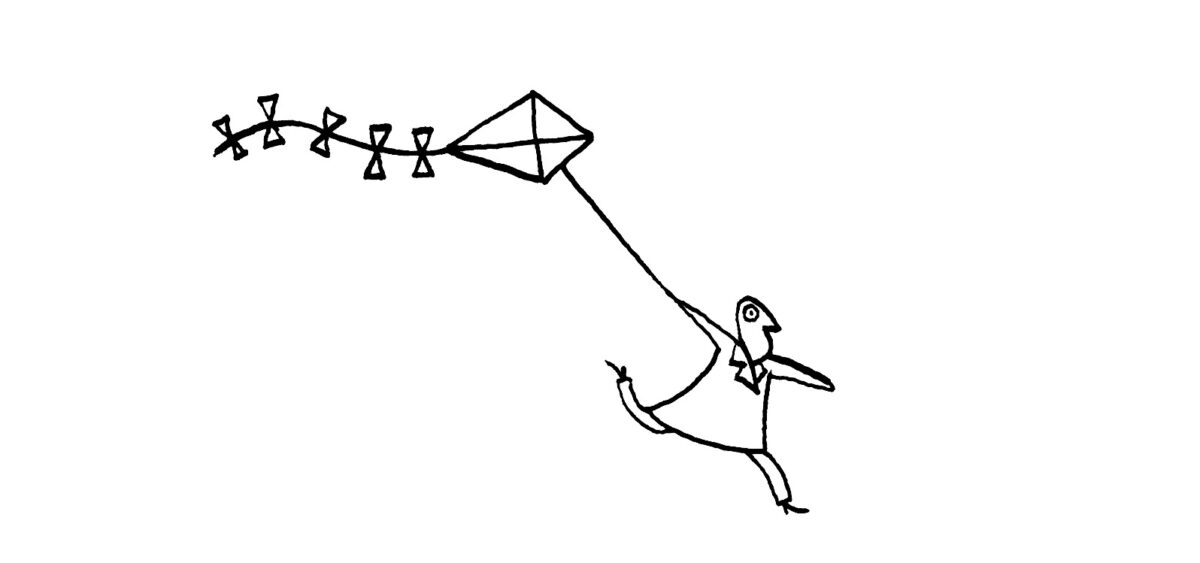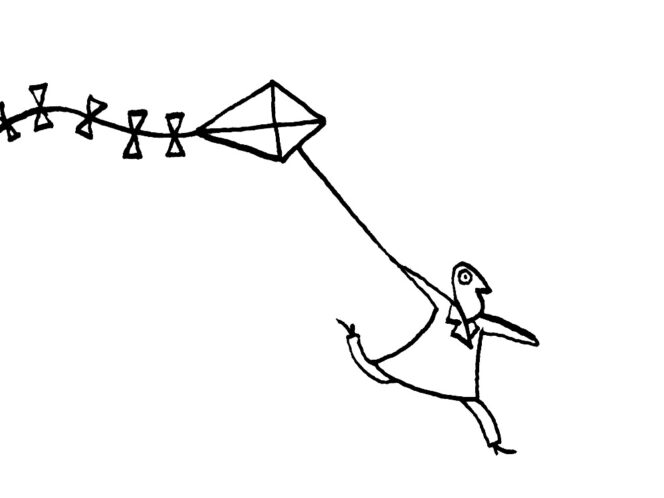
We miss silence, but the less sound there is around us, the more we are disturbed by the roar of our own thoughts. How can we silence the noise within?
Years ago, in my novel Cleaver (2006), I imagined a media man who is used to frantic bustle and talk going in search of silence. He flees to the Alps, looking for a house above the tree line—above, as he begins to think of it, the noise line; a place so high, the air so thin, that he hopes there will be no noise at all. But even in the South Tirol, twenty-five hundred meters up, he finds the wind moaning on the rock face, his blood beating in his ears. Then, without any input from his family, his colleagues, or the media, his thoughts chatter ever more loudly in his head. As so often happens, the less sound there is outside, the more our own thoughts deafen us.
When we think of silence, perhaps because we yearn for it, or perhaps because we’re scared of it—or both—we’re forced to recognize that what we’re talking about is actually a mental state, a question of consciousness. Though the external world no doubt exists, our perception of it is always very much our perception, and tells us as much about ourselves as it does about the world. There are times when a noise out there is truly irritating and has us yearning for peace. Yet there are times when we don’t notice it at all. When a book is good, the drone of a distant lawnmower is just not there. When the








